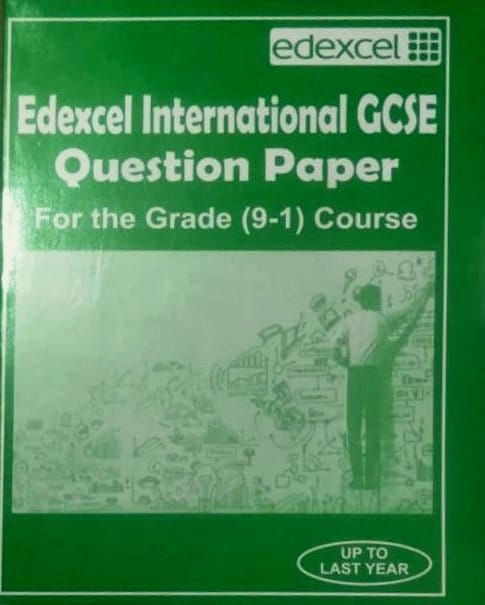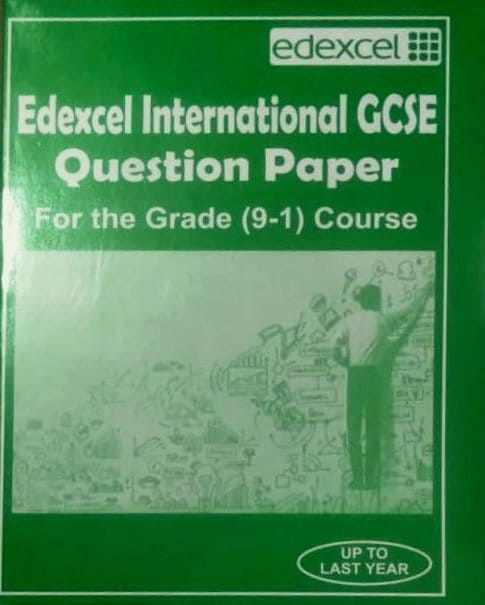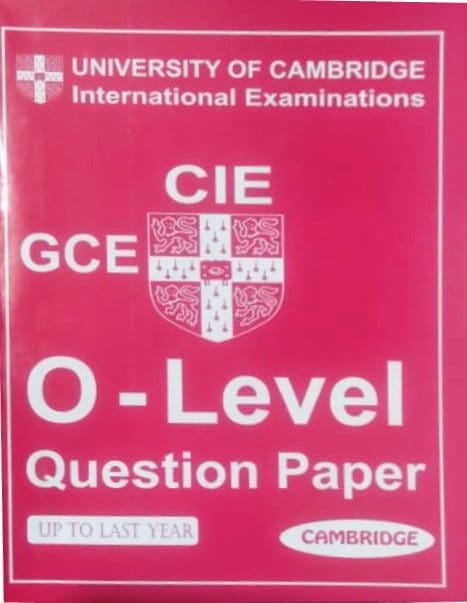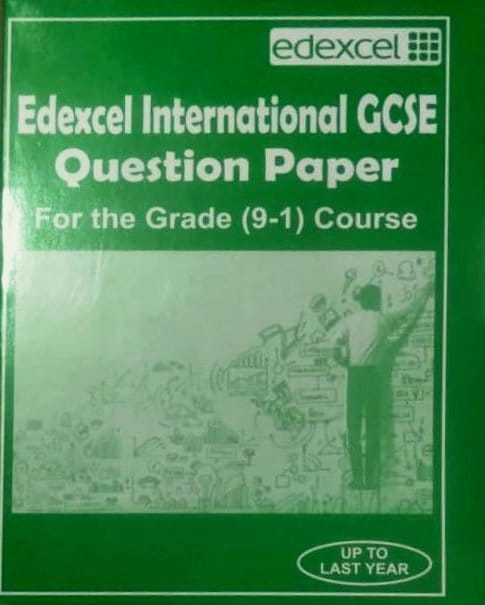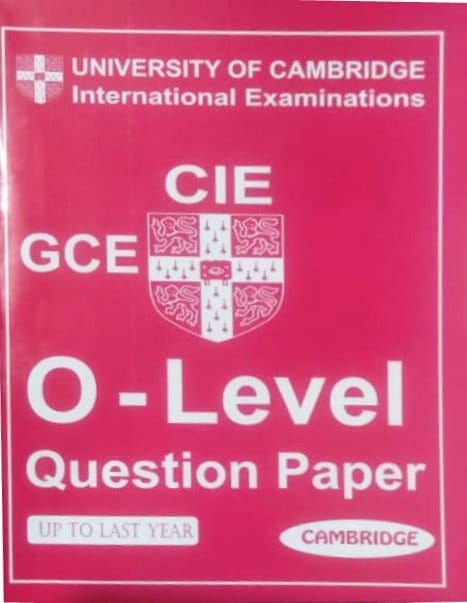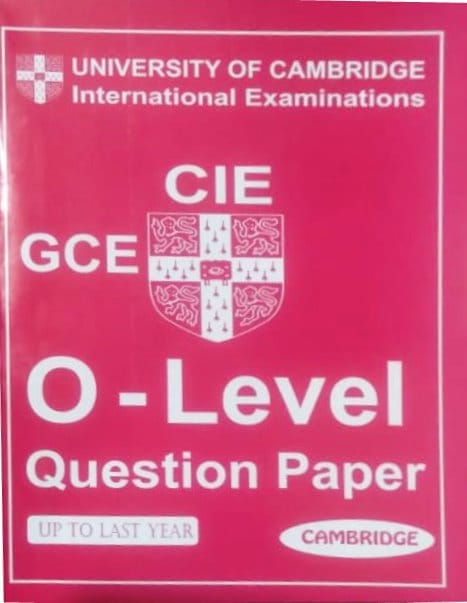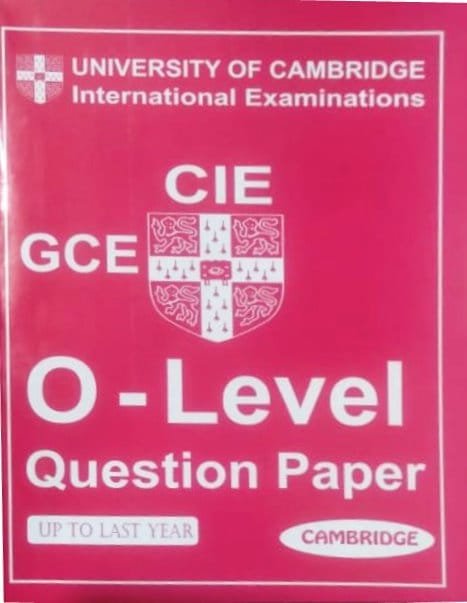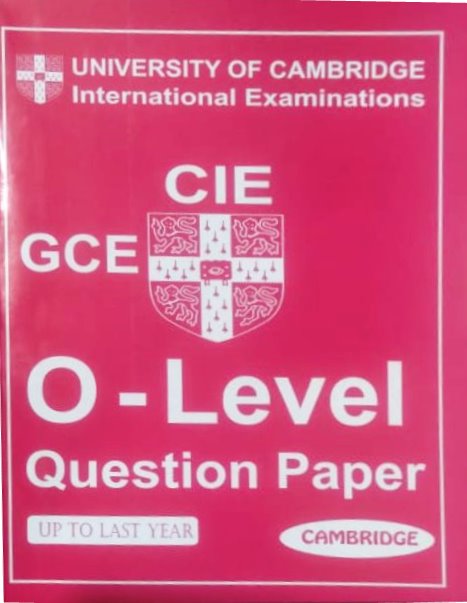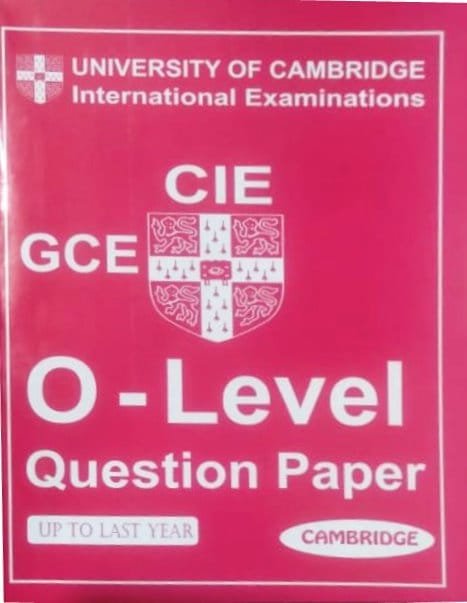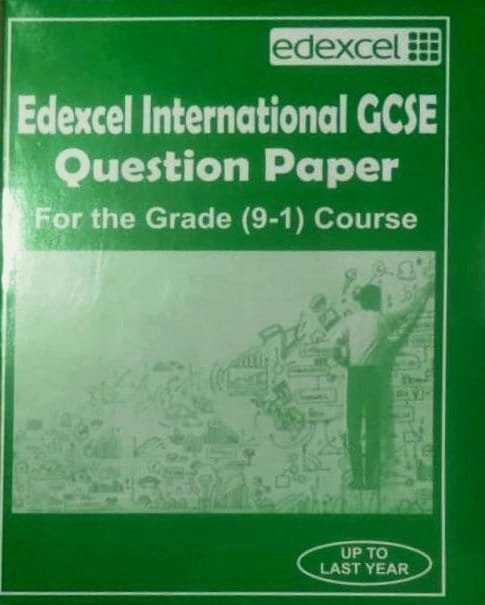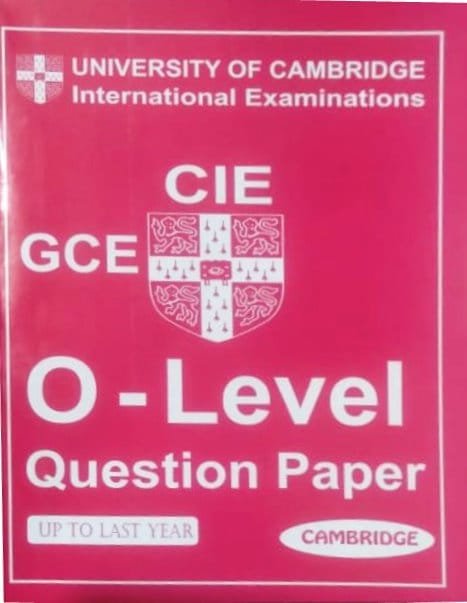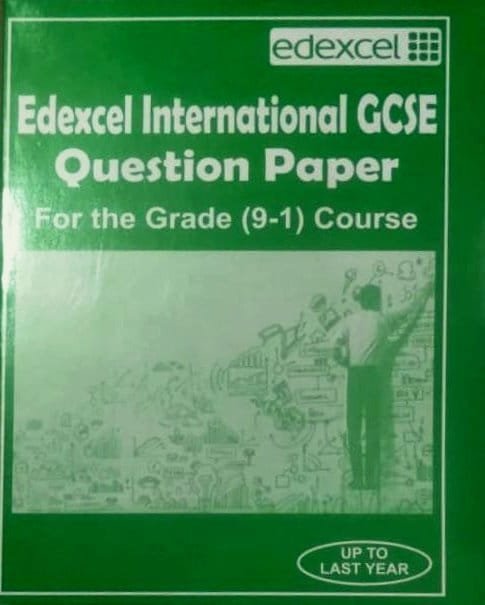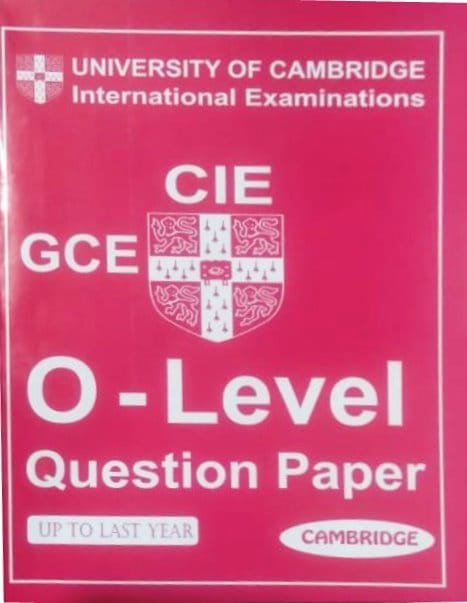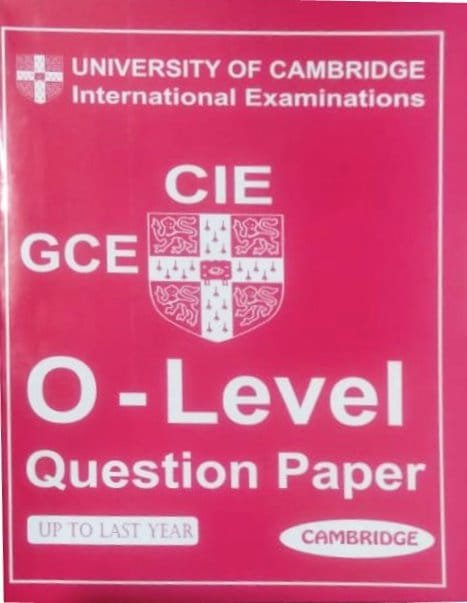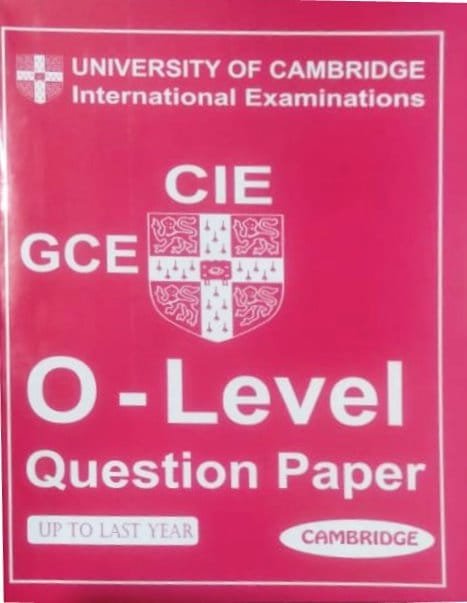Books
Books by Language
Filter by price
Books by language
- English (31)
Books by language
----------------------------
Filter by price
Curricula Books
- ● AS/A Level - Cambridge
- ● AS/A Level - Edexcel
- ● Grade 1
- ● Grade 2
- ● Grade 3
- ● Grade 4
- ● Grade 5
- ● Grade 6
- ● Grade 7
- ● Grade 8
- ● KG 2
- ● Nursery & KG 1
- ● O Level - Cambridge
- ● O Level - Edexcel
- ● প্রাক-প্রাথমিক
- ● প্রথম শ্রেণি
- ● দ্বিতীয় শ্রেণি
- ● তৃতীয় শ্রেণি
- ● চতুর্থ শ্রেণি
- ● পঞ্চম শ্রেণি
- ● ষষ্ঠ শ্রেণি
- ● সপ্তম শ্রেণি
- ● অষ্টম শ্রেণি
- ● নবম-দশম
- ● একাদশ-দ্বাদশ
Exam Books
Faculty & Department Books
- ● Accounting
- ● Anthropology
- ● Apparel Mnf & Tech.
- ● BBA
- ● Bengali
- ● Botany
- ● Chemistry
- ● Computer Science
- ● Economics
- ● Electronics & Communication
- ● Engineering and Technology
- ● English
- ● Fashion Design & Tech.
- ● Finance & Banking
- ● Geography & Environment
- ● History
- ● Home Economics
- ● Hospitality Management
- ● Information Sc. & Library Mgt.
- ● Islamic History & Culture
- ● Islamic Studies
- ● Knitwear Mnf. & Tech.
- ● Law
- ● Management
- ● Marketing
- ● Mathematics
- ● Physics
- ● Political science
- ● Psychology
- ● Public Administration
- ● Social Work
- ● Sociology
- ● Statistics
- ● Zoology
General Categories
Ages
Physics Unit: 4PH1 Science (Double Award) 4SD0 Paper: 1P
The Physics Unit 4PH1 and Science (Double Award) 4SD0 Paper 1P are integral components of the curriculum designed to assess students’ understanding of fundamental principles in physics and combined science. This paper focuses on core concepts such as mechanics, waves, and electricity, emphasizing both theoretical knowledge and practical applications. Students are expected to demonstrate their ability to apply scientific methods, solve complex problems, and interpret experimental data, all while developing a deeper appreciation for the physical world. The exam is structured to challenge students’ comprehension and analytical skills, preparing them for advanced studies or careers in science and engineering.
Cambridge O Level Bengali Paper 1 & 2 Composition
Cambridge O Level Bengali Paper 1 and Paper 2 Composition assess students’ proficiency in Bengali through different writing tasks.
**Paper 1: Composition** focuses on evaluating students’ ability to write effectively in Bengali. This paper typically includes a variety of tasks such as narrative, descriptive, and argumentative essays. Students are expected to demonstrate their ability to organize their thoughts coherently, use appropriate vocabulary and grammar, and present their ideas clearly. Emphasis is placed on writing style, creativity, and the ability to engage the reader.
**Paper 2: Composition** usually involves writing tasks that might be more structured or thematic, often requiring students to respond to specific prompts or topics. This paper tests students’ capacity to develop and elaborate on ideas, adhere to a particular style or format, and communicate their message effectively. Students are assessed on their language accuracy, creativity, and the effectiveness of their written expression.
Both papers are designed to evaluate a comprehensive range of writing skills, including clarity, coherence, and linguistic proficiency in Bengali.
Cambridge O Level Mathematics (Syllabus D) Paper 2
Cambridge O Level Commerce Paper 2 Written
The Cambridge O Level Commerce Paper 2 Written exam is designed to assess students’ understanding of the practical and theoretical aspects of commerce. This paper typically involves structured and essay questions that test knowledge on topics such as business operations, financial management, marketing, and economic principles. Students are expected to demonstrate their ability to apply commercial concepts to real-world scenarios, analyze business situations, and articulate well-reasoned arguments. Emphasis is placed on clarity of expression, critical thinking, and the ability to integrate various elements of commerce into coherent responses.
Business Paper 1: Investigating Small Businesses
Business Paper 1: Investigating Small Businesses is designed to assess students’ understanding of the dynamics and challenges faced by small enterprises. This paper typically explores topics such as business planning, market research, financial management, and the operational aspects of running a small business. Students are expected to analyze case studies, evaluate business strategies, and apply theoretical concepts to practical situations involving small businesses. The exam tests their ability to critically investigate and assess the various factors that influence the success and sustainability of small enterprises, providing a foundation for understanding the intricacies of business management and entrepreneurship.
Cambridge O Level Biology Paper 1 Multiple Choice
Cambridge O Level Biology Paper 1 Multiple Choice assesses students’ understanding of fundamental biological concepts through a series of multiple-choice questions. This paper covers a broad range of topics, including cell biology, genetics, human biology, plant biology, and ecology. Each question presents a scenario or concept with several possible answers, testing students’ ability to quickly and accurately select the correct option. The format emphasizes the breadth of knowledge and the ability to apply biological principles to various contexts, requiring students to demonstrate both recall and comprehension of key concepts in biology.
Cambridge O Level Biology Paper 2 Theory
Cambridge O Level Biology Paper 2 Theory assesses students’ understanding of biological concepts through structured and essay-style questions. This paper typically covers a wide array of topics, including cell biology, human anatomy, genetics, plant physiology, and ecology. Students are required to explain biological processes, analyze data, and apply their knowledge to solve problems or discuss scenarios. The emphasis is on clear and accurate explanations, the ability to integrate and apply concepts, and demonstrating a deep understanding of biological principles. Questions may involve detailed written responses, calculations, and interpretation of experimental data.
Cambridge O Level Mathematics (Syllabus D) Paper 1
Cambridge O Level Mathematics (Syllabus D) Paper 1 is designed to evaluate students’ grasp of fundamental mathematical concepts through a range of problem-solving tasks. This paper typically focuses on algebra, geometry, and arithmetic, featuring a variety of questions that test students’ skills in applying mathematical principles to solve problems. The format often includes structured questions that assess both their computational accuracy and their ability to apply mathematical techniques effectively. The exam aims to ensure students have a solid foundation in key mathematical areas, preparing them for further studies or practical applications in various disciplines.
Cambridge O Level Accounting Paper 2 Structured Written Paper
Cambridge O Level Accounting Paper 2 Structured Written Paper evaluates students’ ability to apply accounting principles and techniques through a series of structured questions. This paper typically includes tasks such as preparing financial statements, performing calculations, and analyzing accounting information. Students are expected to demonstrate their proficiency in areas such as bookkeeping, financial reporting, and the interpretation of financial data. The structured format requires clear, methodical responses and accurate application of accounting standards, with questions designed to assess both theoretical knowledge and practical skills in financial management.
Chemistry Unit: 4CH1 Science (Double Award) 4SD0 Paper: 1C
The Chemistry Unit 4CH1 and Science (Double Award) 4SD0 Paper 1C are pivotal in evaluating students’ grasp of essential chemistry concepts and their application within the broader scientific context. This examination paper delves into topics such as chemical reactions, atomic structure, and the periodic table, with a focus on both theoretical understanding and practical problem-solving skills. Students are expected to analyze and interpret data, understand chemical principles, and apply their knowledge to various scenarios. The paper is designed to test their ability to think critically and scientifically, laying a solid foundation for future studies in chemistry and related fields.
Cambridge O Level Additional Mathematics Paper 1
Cambridge O Level Additional Mathematics Paper 1 is a written examination that focuses on assessing students’ mastery of advanced mathematical concepts through a series of structured questions. This paper typically involves a range of problems related to algebra, geometry, trigonometry, and calculus. Students are required to solve these problems by applying mathematical principles and techniques, often demonstrating their ability to work through detailed solutions. Emphasis is placed on accuracy, problem-solving skills, and the ability to communicate mathematical ideas effectively. The exam tests both theoretical understanding and practical application of mathematical concepts.
Cambridge O Level Physics Paper 1 Multiple Choice
Cambridge O Level Physics Paper 1 Multiple Choice assesses students’ grasp of fundamental physics concepts through a series of multiple-choice questions. This paper covers a wide range of topics, including mechanics, energy, waves, electricity, and magnetism. Each question presents a scenario or concept with several answer options, testing students’ ability to quickly and accurately select the correct response. The format is designed to evaluate both recall of key principles and the application of basic physics concepts to different situations, emphasizing precision and a broad understanding of the subject matter.
Cambridge O Level Economics Paper 1 & 2 Multiple choice
Cambridge O Level Economics Paper 1 and Paper 2 Multiple Choice are designed to assess students’ understanding of economic principles and their ability to apply these concepts to various scenarios.
**Paper 1: Multiple Choice** covers a wide range of topics in economics, including basic economic concepts, market structures, government policies, and international trade. Students are presented with a series of questions, each with several possible answers, requiring them to select the correct one. The questions test students’ ability to quickly recall and apply economic theories and facts to different situations.
**Paper 2: Multiple Choice** may focus on more specialized areas or advanced topics within economics, offering a deeper exploration of concepts such as economic development, resource allocation, and economic modeling. Similar to Paper 1, this paper uses multiple-choice questions to assess students’ understanding and application of economic principles, but it might include more complex scenarios or data interpretation.
Both papers are designed to test students’ breadth of knowledge and their ability to make informed decisions based on economic information.
Information and Communication Technology (ICT) Paper 1: Written Paper
Information and Communication Technology (ICT) Paper 1: Written Paper assesses students’ theoretical understanding of ICT concepts and their applications. This paper typically covers topics such as digital systems, software applications, data management, and the impact of technology on society. Students are expected to demonstrate their knowledge of ICT principles, problem-solving skills, and their ability to analyze and evaluate various technological scenarios. The exam includes a mix of theoretical questions that test their comprehension of key concepts and their ability to apply ICT knowledge to real-world situations, preparing them for practical use and further study in the field of technology.
Cambridge O Level Business Studies Paper 2 Case Study
Cambridge O Level Business Studies Paper 2 Case Study is an exam component that evaluates students’ ability to apply their business knowledge to real-world scenarios. In this paper, students are presented with a detailed case study featuring a business situation or problem. They are required to analyze the information provided, address specific questions related to the case, and offer well-reasoned recommendations. The focus is on demonstrating critical thinking, understanding of business concepts, and the ability to integrate various aspects of business studies such as marketing, finance, and management. The exam assesses students’ practical application of theory and their ability to communicate their findings effectively.
Further Pure Mathematics Paper 1
Further Pure Mathematics Paper 1 is designed to test students’ mastery of advanced mathematical concepts beyond the standard curriculum. This paper typically explores topics such as complex numbers, matrices, differential equations, and advanced calculus. Students are expected to demonstrate their ability to tackle challenging problems, apply sophisticated mathematical techniques, and think analytically. The exam assesses both theoretical understanding and practical problem-solving skills, preparing students for higher-level mathematics in university or specialized fields. This paper is essential for those pursuing further studies in mathematics, engineering, or related disciplines where advanced mathematical knowledge is crucial.
English Language B Paper 1
English Language B Paper 1 is designed to assess students’ skills in critical reading and writing within the context of a range of texts. This paper typically includes comprehension exercises, where students analyze and interpret various types of texts, such as narratives, descriptive pieces, or informational documents. Additionally, it often features writing tasks that require students to craft their own responses, demonstrating their ability to convey ideas clearly and effectively. The exam tests students’ understanding of language techniques, their ability to engage with different genres, and their proficiency in producing coherent and well-structured written work.
Economics Level 1/2 Paper 1: Microeconomics and Business Economics
Economics Level 1/2 Paper 1: Microeconomics and Business Economics focuses on the fundamental principles of microeconomic theory and its application to business contexts. This paper covers essential topics such as supply and demand, market structures, pricing strategies, and the behavior of firms and consumers. Students are expected to analyze how individual markets operate, understand the impact of economic policies on business decisions, and evaluate the economic forces that influence market outcomes. The exam assesses their ability to apply microeconomic concepts to real-world business scenarios, fostering a deeper understanding of how businesses operate within the broader economic environment.
Mathematics A Paper 1H Higher Tier
Mathematics A Paper 1H Higher Tier is designed to assess students’ deep understanding of advanced mathematical concepts and their ability to apply these concepts to complex problems. The paper typically includes questions on topics such as algebra, functions, geometry, trigonometry, and calculus. As a Higher Tier exam, it challenges students to demonstrate higher-order thinking skills, including problem-solving and analytical abilities. The questions are crafted to test students’ proficiency in manipulating mathematical expressions, understanding abstract concepts, and applying techniques in various contexts. This exam is crucial for students aiming to achieve top grades and pursue further studies in mathematics or related disciplines.
Bangla Paper 1: Reading, Writing and Translation
Bangla Paper 1: Reading, Writing, and Translation focuses on assessing students’ proficiency in various aspects of the Bangla language. The paper typically includes sections that evaluate reading comprehension, where students analyze and interpret texts in Bangla. It also includes writing tasks, where students demonstrate their ability to construct coherent and well-organized pieces in Bangla, such as essays or creative writing. Additionally, there is a translation component where students translate passages between Bangla and another language, showcasing their understanding of linguistic nuances and their ability to convey meaning accurately. This paper tests both language skills and the ability to effectively communicate in Bangla.
Cambridge O Level English Language Paper 1 Writing & Paper 2 Reading
Cambridge O Level English Language Paper 1 Writing and Paper 2 Reading are designed to assess different aspects of students’ English language skills.
**Paper 1: Writing** focuses on evaluating students’ ability to express ideas clearly and effectively in written form. This paper typically includes a range of tasks such as narrative, descriptive, or argumentative essays, as well as writing for specific purposes like letters or reports. Students are assessed on their ability to organize and develop ideas, use appropriate language and style, and demonstrate accuracy in grammar, punctuation, and spelling.
**Paper 2: Reading** tests students’ comprehension and analytical skills through a series of passages and questions. This paper usually includes a variety of text types, such as narrative, descriptive, and argumentative texts, requiring students to interpret, analyze, and evaluate the content. Students must demonstrate their ability to understand main ideas, details, and the author’s purpose, as well as to infer meaning and respond critically to the texts.
Together, these papers evaluate a comprehensive range of language skills, including writing proficiency and reading comprehension.
Commerce Paper 1: Commercial Operations and Associated Risks
Commerce Paper 1: Commercial Operations and Associated Risks focuses on the foundational aspects of business operations and the potential risks associated with them. This paper examines key topics such as business transactions, financial management, and operational processes, alongside the identification and management of various risks like financial, operational, and market risks. Students are expected to understand how different commercial activities impact business performance and learn strategies to mitigate potential risks. The exam assesses their ability to apply theoretical knowledge to real-world business scenarios, ensuring they are well-prepared for practical challenges in the commercial sector.
Cambridge O Level Physics Paper 2 Theory
Cambridge O Level Physics Paper 2 Theory evaluates students’ understanding of core physics concepts and principles through structured and essay-style questions. This paper typically covers a broad range of topics, including mechanics, waves, electricity, magnetism, and thermal physics. Students are required to explain physical phenomena, solve problems, and apply theoretical knowledge to various scenarios. The emphasis is on clarity of explanation, accuracy in calculations, and the ability to reason scientifically. Questions may involve interpreting data, applying formulas, and explaining concepts in detail, testing both theoretical understanding and practical application of physics principles.
Biology Unit: 4BI1 Science (Double Award) 4BI1/4SD0 Paper : 1B
The Biology Unit 4BI1 and Science (Double Award) 4BI1/4SD0 Paper 1B are key assessments in evaluating students’ comprehension of core biological concepts and their applications. This paper covers fundamental topics such as cell biology, genetics, and ecology, challenging students to apply their understanding to various biological processes and scenarios. It emphasizes both theoretical knowledge and practical skills, requiring students to interpret data, analyze biological systems, and solve complex problems. The exam aims to test students’ ability to think critically and understand the intricate details of living organisms and their interactions with the environment.
Cambridge O Level Business Studies Paper 1 Short Answer and Data Response
Cambridge O Level Physics Paper 2 Theory evaluates students’ understanding of core physics concepts and principles through structured and essay-style questions. This paper typically covers a broad range of topics, including mechanics, waves, electricity, magnetism, and thermal physics. Students are required to explain physical phenomena, solve problems, and apply theoretical knowledge to various scenarios. The emphasis is on clarity of explanation, accuracy in calculations, and the ability to reason scientifically. Questions may involve interpreting data, applying formulas, and explaining concepts in detail, testing both theoretical understanding and practical application of physics principles.
Cambridge O Level Additional Mathematics Paper 2
Cambridge O Level Additional Mathematics Paper 2 is a written examination that evaluates students’ proficiency in advanced mathematical concepts and problem-solving skills. This paper typically includes a mix of structured and extended-response questions covering topics such as algebra, calculus, coordinate geometry, and trigonometry. Students are expected to apply mathematical theories and techniques to solve complex problems, demonstrating both their computational skills and their ability to explain their reasoning clearly. Emphasis is placed on precision, logical reasoning, and the ability to tackle challenging questions with a methodical approach.
Accounting Level 1/2 Paper 1: Introduction to Bookkeeping and Accounting
Accounting Level 1/2 Paper 1: Introduction to Bookkeeping and Accounting is designed to assess students’ foundational understanding of accounting principles and practices. This paper covers essential topics such as the basics of bookkeeping, including recording transactions, maintaining ledgers, and preparing financial statements. Students are expected to demonstrate their knowledge of fundamental accounting concepts, such as debits and credits, trial balances, and the accounting equation. The exam tests their ability to accurately record financial transactions, understand the flow of financial information, and prepare simple financial reports, providing a solid grounding for more advanced studies in accounting.
Cambridge O Level Chemistry Paper 1 Multiple Choice
Cambridge O Level Chemistry Paper 1 Multiple Choice assesses students’ grasp of fundamental chemistry concepts through a series of multiple-choice questions. This paper covers a wide range of topics, including atomic structure, chemical bonding, reactions, and the periodic table. Students must quickly and accurately select the correct answer from a set of options, testing their ability to recall information, apply concepts, and interpret data. The format emphasizes breadth of knowledge and the ability to make precise, informed choices based on their understanding of chemistry principles.
Cambridge O Level Accounting Paper 1 Multiple Choice
Cambridge O Level Accounting Paper 1 Multiple Choice assesses students’ understanding of core accounting principles and practices through a series of multiple-choice questions. This paper covers a range of topics, including financial statements, bookkeeping, cost accounting, and basic accounting concepts. Each question presents a scenario or concept with several possible answers, testing students’ ability to quickly and accurately identify the correct option. The format emphasizes both recall of fundamental knowledge and the application of accounting concepts to practical situations, requiring students to demonstrate their familiarity with accounting principles and their ability to interpret financial information efficiently.
Unique Cambridge Mathematics D
Cambridge IGCSE and O Level Business Studies 5th edition: Hodder Education Group
Explore the dynamic world of business with the "Cambridge IGCSE and O Level Business Studies 5th edition" by Hodder Education Group. Tailored specifically for students studying the Cambridge IGCSE and O Level Business Studies syllabuses, this comprehensive textbook offers a thorough examination of key business concepts, theories, and practices. From understanding business environments to strategic decision-making, the book covers a wide range of topics essential for success in business studies examinations. With its engaging and accessible writing style, accompanied by real-world case studies and examples, this book provides students with the knowledge and skills needed to excel in their studies and develop a solid understanding of business principles applicable to various industries and contexts.


